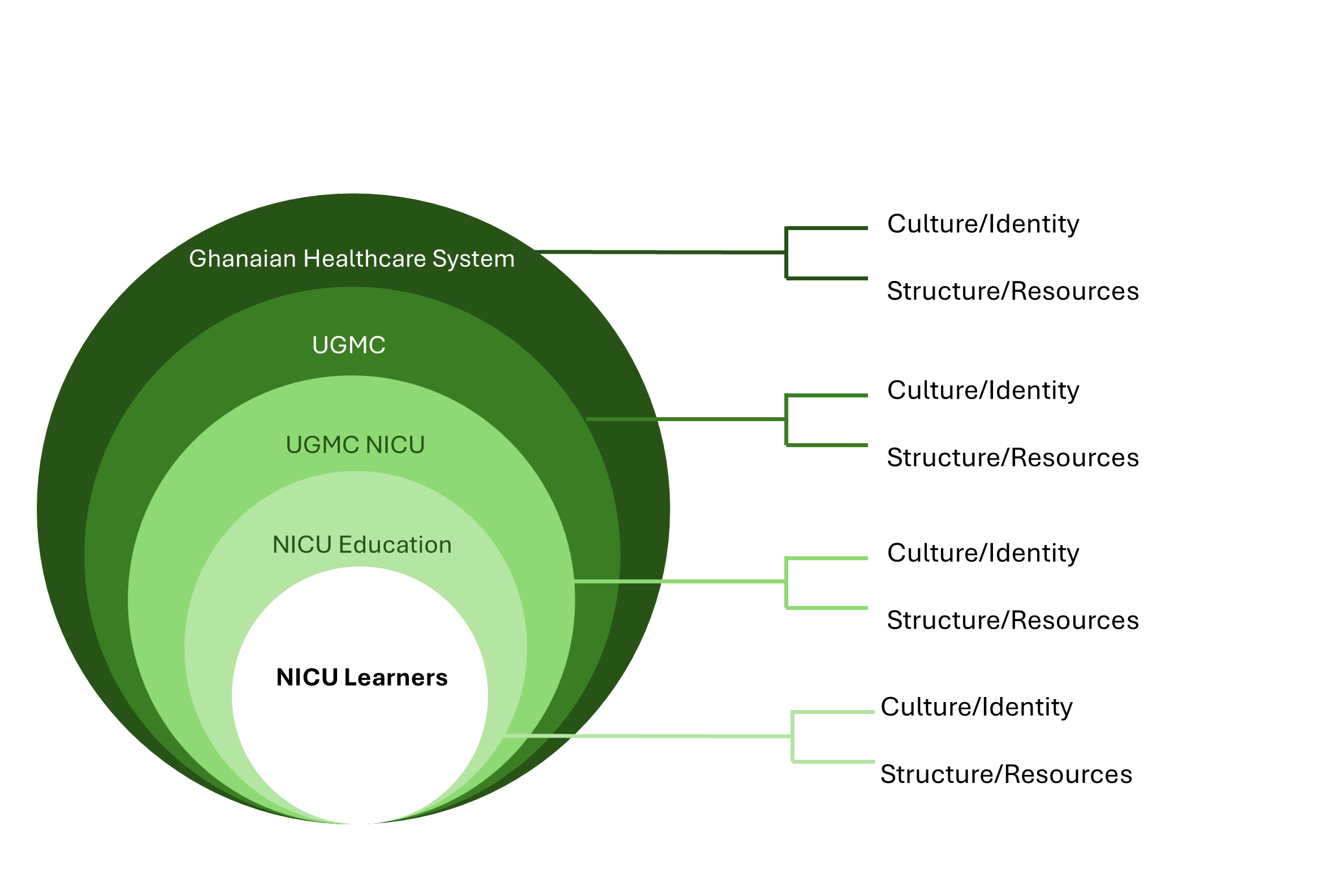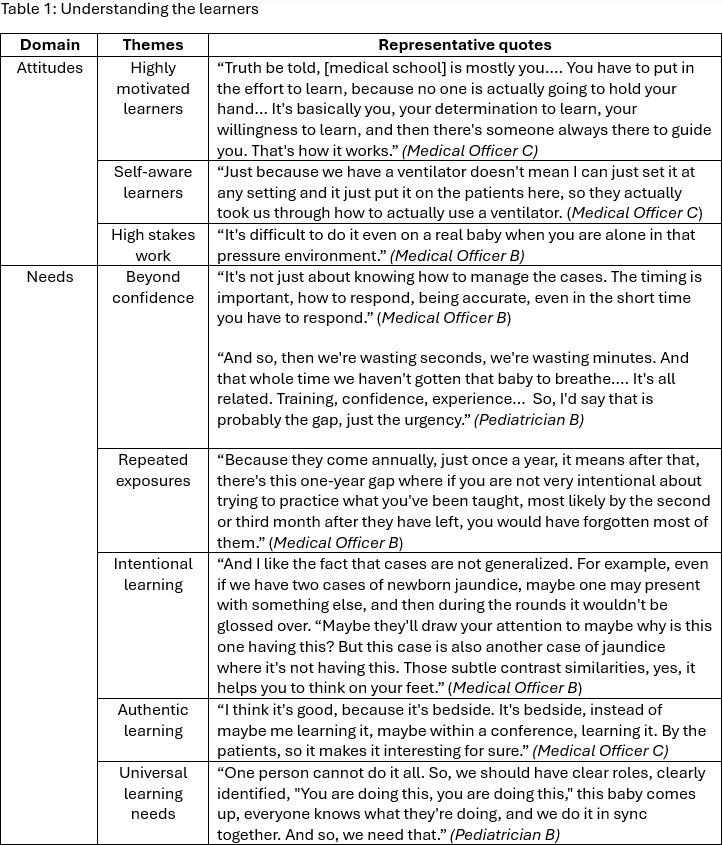Global Neonatal & Children's Health 5
Session: Global Neonatal & Children's Health 5
781 - An Educational Needs Assessment In A Neonatal Intensive Care Unit (NICU) In A Quaternary Hospital in Ghana – An Anti-Colonial Framework To Advancing Education In Low- and Middle-Income Countries
Sunday, April 27, 2025
8:30am - 10:45am HST
Publication Number: 781.3631
Wentiirim B. Annankra, Mayo Clinic Children's Center, ROCHESTER, MN, United States; Stephanie Mavis, Mayo Clinic Children's Center, Rochester, MN, United States; Jennifer Fang, Mayo Clinic, Rochester, MN, United States; Nana-Akyaa Yao, National Cardiothoracic Centre, Accra, Greater Accra, Ghana
.jpg)
Wentiirim B. Annankra, MD
Neonatal Perinatal Medicine Fellow
Mayo Clinic Children's Center
ROCHESTER, Minnesota, United States
Presenting Author(s)
Background: Global health education (GHE) frequently involves partnerships between institutions in low- and middle-income countries (LMICs) and other high-income countries (HICs), sometimes with little regard for the lingering historical legacies of colonialism and supremacy in GHE. Our overarching goal is to promote sustained improvement in newborn health in Ghana and to foster an anti-colonial approach to educational research collaboratives.
Objective: This study aimed to characterize the clinical learning environment and continuing learning needs of practicing healthcare professionals (HCPs) caring for neonates in a quaternary neonatal intensive care unit in Ghana, including the prevailing structural and sociocultural frames, resources, and barriers.
Design/Methods: A qualitative participant observational study was conducted at the University of Ghana Medical Center NICU in Ghana. Data included both participant observations and semi-structured interviews of multiple HCPs and stakeholders at the University of Ghana Medical Center NICU, which were analyzed using iterative, constructivist grounded theory approach.
Results: A learning ecosystem emerged which included learners existing within four nested ‘levels,’ ranging from the national (Ghanaian) healthcare system, the hospital (UGMC), the unit (UGMC NICU), and the education therein (UGMC’s NICU educational environment). Within these levels, drivers that facilitated or hindered education were consistently related to the distinct sociocultural or structural ‘frames.’ The primary learners in the UGMC NICU included both medical officers and nurses; they were advanced, desiring active, repeated, intentional, and tailored training. Content areas identified as important by learners included assessment and management skills for late complications of the neonate during the NICU stay, global assessment skills, team-based training in rapid response, and cardiac point of care ultrasound.
Conclusion(s): A targeted needs assessment using an anticolonial framework revealed nuanced information regarding learners and the learning environment in a quaternary Ghanaian NICU. The learning environment was complex and characterized by both sociocultural and structural frames within four nested levels of influence. This needs assessment not only paves the way for future curricula intentionally designed for the specific learners in their unique clinical learning environments in this NICU, but such a framework may also serve as a general model for future anticolonial global health educational efforts towards equitable and bidirectional partnerships between LMICs and HICs.
Figure 1: Conceptual model for the UGMC NICU needs assessment

Table: Understanding the Learners

Figure 1: Conceptual model for the UGMC NICU needs assessment

Table: Understanding the Learners


